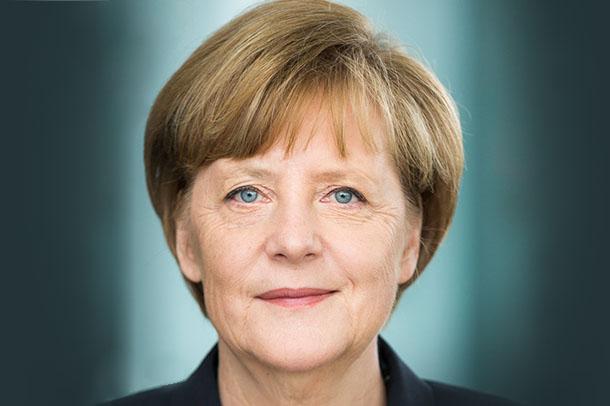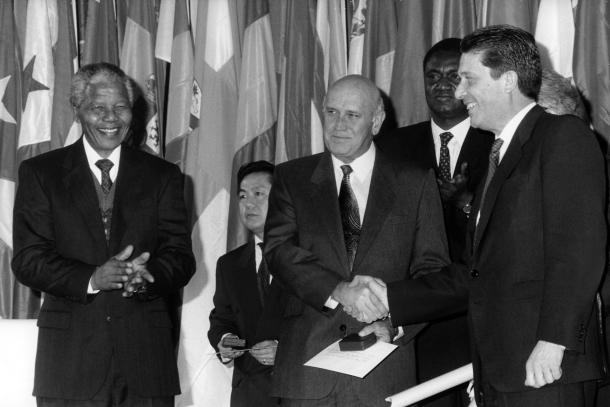
Félix Houphouët-Boigny
Call for applications for the 2024 UNESCO Félix Houphouët-Boigny Peace Prize
Deadline for applications: 31 march 2024
22 february 2024
Created in 1989, this annual Prize honours individuals, institutions, or private or public bodies which have significantly contributed to the promotion, research, safeguarding or maintenance of peace, in accordance with the United Nations Charter and the Constitution of UNESCO. World-renowned figures that have received the Prize include Nelson Mandela, Frederik W. De Klerk, and Jimmy Carter.
The Prize is awarded to a maximum of three laureates, selected by the Director-General of UNESCO on the basis of the assessments and recommendations by an international jury.
Applications must be received by the Secretariat in English or French no later than 31 march 2024 (at midnight, UTC+1).
The award winners receive a monetary award of US $150,000, a commemorative gold medal and a diploma.

Angela Merkel is awarded the Félix Houphouët-Boigny-UNESCO Peace Prize
The Jury of the Félix Houphouët-Boigny-UNESCO Peace Prize has awarded the 2022 Prize to Ms Angela Merkel, former Federal Chancellor of Germany, in recognition of her efforts to welcome refugees.
"All the members of the jury were touched by her courageous decision in 2015 to welcome more than 1,2 million refugees, notably from Syria, Iraq, Afghanistan and Eritrea. This is the legacy she leaves." - Denis Mukwege, President of the Jury, gynecologist, Nobel Peace Prize Winner 2018

The Félix Houphouët-Boigny UNESCO Peace Prize
The Félix Houphouët-Boigny UNESCO Peace Prize is intended to honour living individuals and active public or private bodies or institutions that have made a significant contribution to promoting, seeking, safeguarding or maintaining peace, in conformity with the Charter of the United Nations and the Constitution of UNESCO.
The Prize was established in 1989 by a resolution supported by 120 countries and adopted by the General Conference of UNESCO at its 25th session. It is in line with the philosophy of UNESCO’s founders who, in the preamble to the Organization’s Constitution, solemnly declare that: “Since wars begin in the minds of men and women, it is in the minds of men and women that the defences of peace must be constructed.”


Since its creation, this Prize has attracted considerable attention to UNESCO’s work in the field of peace promotion and research. Within 30 years, after of receiving the Prize, many winners have been awarded the Nobel Peace Prize. These winners include Nelson Mandela, Frederik Willem de Klerk, Yasser Arafat, Yitzhak Rabin, Shimon Peres, Jimmy Carter, Martti Ahtisaari... The award ceremonies have always been occasions on which many Heads of State and eminent personalities visit UNESCO. By means of a resolution adopted by the Conference of Heads of State and Government, the Organization of African Unity (OAU) meeting at its 28th Summit, held in Dakar in June 1992, threw its full weight behind the Prize and its objectives. Lastly, in December 1996, the United Nations General Assembly, at its 51st session, gave support to the Prize through the adoption of its resolution A/ARES/51/101. In 2009, 93 accredited journalists attended the ceremony, as did many representatives of accredited radio and television stations and more than 50 articles were published.

"In the quest for peace, true peace, fair and lasting peace, we must not hesitate for a single moment to resort, with persistence, to dialogue."

Contact information
Secretariat of the Prize
Sector for Priority Africa and External Relations of UNESCO
7 place de Fontenoy
75352 Paris 07 SP FRANCE
E-mail: PrixFHB@unesco.org

